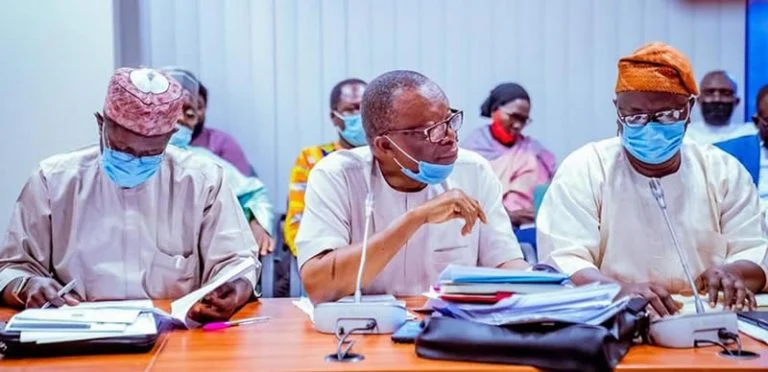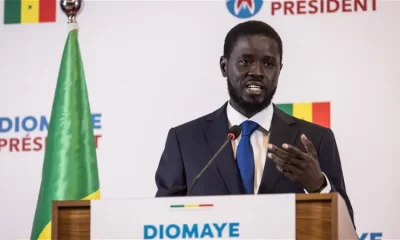Educational Issues
The Effect of ASSU Strikes on Nigerian Understudies: A Problematic Instructive Emergency -By Dafinone Marian
The intermittent ASSU strikes have more extensive ramifications for Nigeria’s instructive scene. Right off the bat, they subvert the country’s standing in the worldwide scholastic local area. Delayed terminations and disturbances dissolve the believability and intensity of Nigerian colleges, stopping forthcoming global understudies and influencing worldwide joint efforts and examination organizations.

Nigeria’s advanced education framework has for some time been tormented by incessant strikes started by the Scholastic Staff Association of Colleges (ASUU). These strikes, portrayed by delayed terminations of colleges, adversely affect understudies the nation over. This article dives into the purposes for the ASSU strikes, their impacts on Nigerian understudies, and the more extensive ramifications for the country’s instructive scene.
Foundation and Explanations behind ASSU Strikes.
The ASSU strikes are frequently set off by issues like lacking financing, unfortunate framework, insufficient compensation for scholarly staff, and non-execution of past arrangements between the association and the public authority. The association contends that these variables thwart the nature of training in Nigerian colleges and posture difficulties to the government assistance of the two understudies and staff.
Consequences for Understudies.
The continuous pattern of ASSU strikes has had extensive ramifications for Nigerian understudies. These interferences, first and foremost, disturb scholastic schedules, creating delayed setbacks for the fruition of degree programs. Understudies face vulnerability and disappointment as their instructive excursions are unexpectedly ended, influencing their profession possibilities and self-awareness.
Besides, the absence of steady learning open doors altogether affects understudies’ scholarly exhibition. Expanded periods from the homeroom make it trying for understudies to keep a reliable report routine and handle complex topic. The subsequent learning holes and diminished admittance to instructive assets hamper their generally speaking instructive achievement.
Besides, the strikes force monetary weights on understudies and their families. The extra costs brought about during expanded concentrate on periods, like convenience, transportation, and educational expenses, strain previously restricted assets. Understudies from distraught foundations are lopsidedly impacted, as they frequently battle to satisfy these monetary needs, prompting higher dropout rates.
Mental ramifications can’t be disregarded by the same token. The vulnerability encompassing the span of strikes makes tension and stress among understudies. The consistent apprehension about falling behind scholastically, combined with the dissatisfaction of a capricious scholarly climate, unfavorably influences their psychological prosperity.
More extensive Ramifications for the Instructive Scene.
The intermittent ASSU strikes have more extensive ramifications for Nigeria’s instructive scene. Right off the bat, they subvert the country’s standing in the worldwide scholastic local area. Delayed terminations and disturbances dissolve the believability and intensity of Nigerian colleges, stopping forthcoming global understudies and influencing worldwide joint efforts and examination organizations.
Furthermore, the predictable interference of scholarly exercises hampers the country’s capacity to create a profoundly gifted labor force. Nigeria’s improvement relies on a vigorous school system that outfits graduates with the information and abilities expected to drive financial development and development. The strikes disturb this basic cycle, compromising the nation’s drawn out improvement objectives.
Conclusion.
The continuous ASSU strikes in Nigeria have significantly affected understudies, both scholastically and by and by. The disturbances in scholastic schedules, monetary weights, learning holes, and mental pressure weigh vigorously on the shoulders of Nigerian understudies. It is critical for the public authority and ASUU to take part in helpful exchange to track down feasible arrangements that address the fundamental issues and forestall the repeat of strikes. Just through aggregate exertion and responsibility might Nigeria at any point guarantee a steady and quality advanced education framework, cultivating the development and success of its residents and the country in general.



















